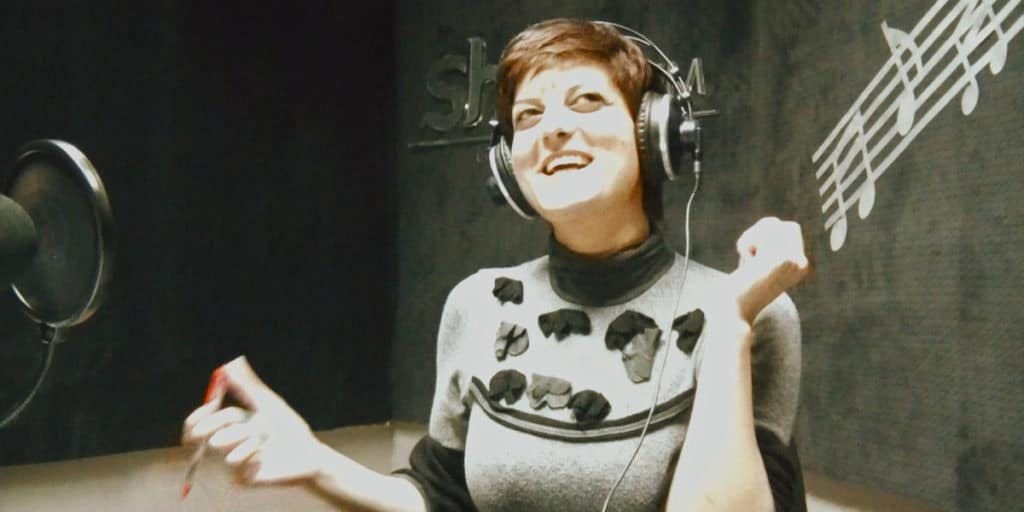‘The War Show’ is a First-Person View of Protest and Repression

The recent turmoil in the Middle East has been tackled by some remarkably brave and resourceful native filmmakers, with documentaries such as ½ Revolution and The Square bringing visceral immediacy to the social unrests, protests and military crackdowns. The War Show, which follows the Arab Spring in Syria and the country’s dispiriting spiral afterward,…
Keep reading with a 7-day free trial
Subscribe to Nonfics to keep reading this post and get 7 days of free access to the full post archives.



